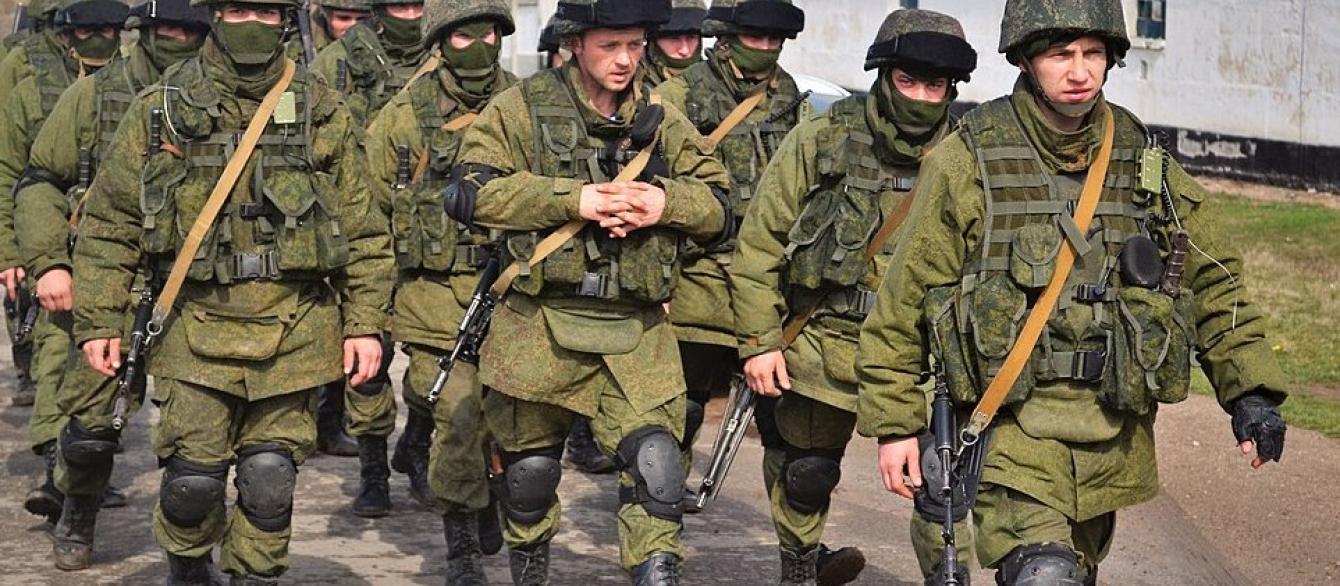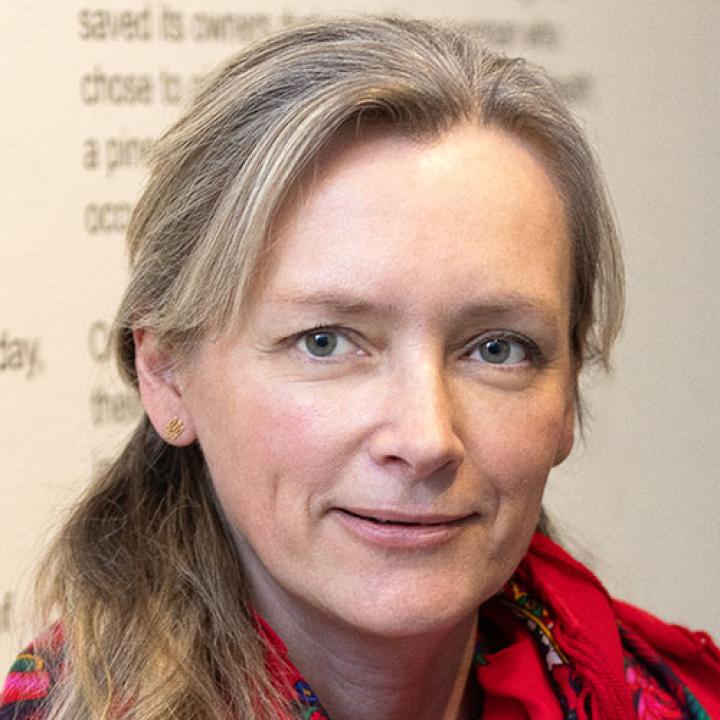The following is an excerpt of an article published in the latest issue of Current History.
In February 2022, Russian President Vladimir Putin ordered a “special military operation” — the official euphemism for the full-scale invasion of Ukraine. The goal of the invasion was to overthrow the Ukrainian government and establish Russian control over the country. Expectations of a quick victory were based not just on Russia’s military superiority, but on the belief of Putin and others among the Russian elite that there would be little resistance from Ukrainians.
Save for a small minority of “radical nationalists,” Putin seemingly believed, Ukrainians would welcome Russian troops “liberating” them from the “neo-Nazi junta” that allegedly seized power in Kyiv following the 2014 Euromaidan uprising. If Ukrainians were “one nation” with the Russians, as Putin repeatedly claimed, Ukrainians’ true preferences must be aligned with Russia’s. Opinion polls to the contrary could be dismissed as either outright fakes or skewed by Ukrainians’ fear of revealing pro-Russian views. Putin himself dismissed polling data from Ukraine in this very manner when he was asked about it during the 2021 Valdai Club conference.
Social science broadly rejects assertions that nations have authentic or fake collective identities and preferences. Research consistently has shown that rather than being immutable, set in the distant past, social identities — including national and ethnic identities — are constructed and reconstructed, influenced by social and political realities as well as state policies and institutions. This process of identity formation could be gradual, unfolding over decades or even centuries, but it may also accelerate around “critical junctures” — major events and circumstances that can profoundly influence group identities.
Ukraine has experienced several such critical junctures in recent years, which fostered consolidation of a coherent, distinct, and ultimately anti-Russian Ukrainian identity. These defining events were the 2014 Euromaidan protests, the start of Russia’s military aggression against Ukraine the same year, and most recently the 2022 full-scale Russian invasion.
Ironically, Putin’s own actions were a key contributing factor in bringing about the very reality — an “anti-Russian Ukraine” — that he wanted to prevent. As one recent commentary summed it up, Putin has proved to be the greatest contributor to Ukrainian nationalism since the 19th-century Ukrainian bard Taras Shevchenko.






